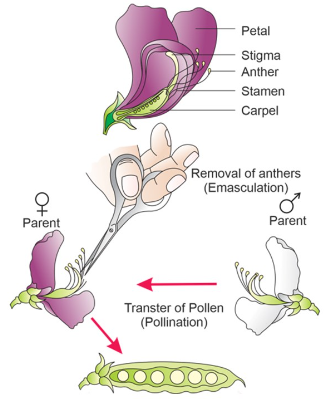Aug . 09, 2024 17:05 Back to list
Kiwifruit Pollen Production Facility Enhancing Pollination Strategies for Improved Fruit Yield and Quality
The Kiwifruit Pollen Factory A Blossoming Industry
Kiwifruit, a small, nutrient-dense fruit with vibrant green flesh and a unique sweet-tart flavor, has become increasingly popular in recent years. As global demand for this exotic fruit surges, the need for effective pollination methods has taken center stage. Enter the concept of the kiwifruit pollen factory, a revolutionary approach to ensure optimal pollination and, ultimately, higher yields for growers.
Pollination is a critical process in the lifecycle of kiwifruit plants, which are dioecious, meaning that male and female flowers grow on separate plants. To produce fruit, pollen from male flowers must be transferred to the stigma of female flowers. This can occur through natural pollinators like bees or through manual techniques, but the reliance on environmental factors can yield inconsistent results. Consequently, innovative solutions are being explored, and the idea of a dedicated pollen factory has emerged as a promising avenue.
A kiwifruit pollen factory would involve the systematic collection and processing of pollen from male kiwifruit plants. This pollen could then be stored and used as needed to ensure that female flowers receive the required amount of pollen for successful fertilization. By utilizing controlled conditions, such as optimal temperature and humidity levels, the pollen can be preserved for extended periods without losing its viability. This approach not only guarantees effective pollination but also allows growers to act quickly in response to unpredictable weather patterns, ensuring that they do not miss the critical pollination window.
kiwifruit pollen factory

The establishment of kiwifruit pollen factories presents numerous benefits for farmers. For one, it will reduce their dependence on natural pollinators, whose populations have been declining due to environmental changes and pesticide use. Additionally, this initiative could lead to increased fruit production, as growers would be able to provide consistent, high-quality pollination without relying solely on external factors. This, in turn, could boost the profitability of kiwifruit farming, allowing farmers to meet the growing market demand.
Moreover, the development of a kiwifruit pollen factory could contribute to sustainable agricultural practices. By centralizing pollen production, farmers could minimize the distance that pollen needs to travel, reducing transportation emissions. Furthermore, with controlled harvesting and processing, there is potential for better management of genetic diversity within kiwifruit populations, thereby reducing the risk of disease outbreaks and ensuring the long-term health of the crop.
Challenges remain in the implementation of this innovative concept. Establishing a pollen factory requires significant investment in infrastructure, technology, and education for farmers who may be unfamiliar with advanced pollination techniques. There will also be a need for thorough research to determine the optimal methods for pollen collection, storage, and application. Collaboration between agricultural researchers, seed companies, and farmers will be crucial in addressing these challenges and refining the pollen factory model.
In conclusion, the kiwifruit pollen factory represents a forward-thinking solution to the challenges faced by kiwifruit growers in today's dynamic agricultural landscape. By harnessing the power of technology and innovation, this approach promises to enhance pollination efficiency, increase yields, and promote sustainable practices. As the industry continues to adapt and evolve, the significance of the kiwifruit pollen factory could become a defining factor in meeting global demand while ensuring the viability of kiwifruit farming for generations to come.
-
Eco Fruit Paper Bags for Peak Freshness | Durability Focused
NewsJul.31,2025
-
Pollen Peach Tree for Pure Pollination and High-Quality Peach Pollen
NewsJul.30,2025
-
Premium Cherry Pollen for Pure Pollination & Different Types
NewsJul.30,2025
-
Artificial Pollination Solutions for Various Plant Pollen Types
NewsJul.29,2025
-
Artificial Pollination Solutions for All Plant Pollen Types
NewsJul.29,2025
-
Premium Plant Pollen for Pure Pollination & Pollen Block Solutions
NewsJul.29,2025